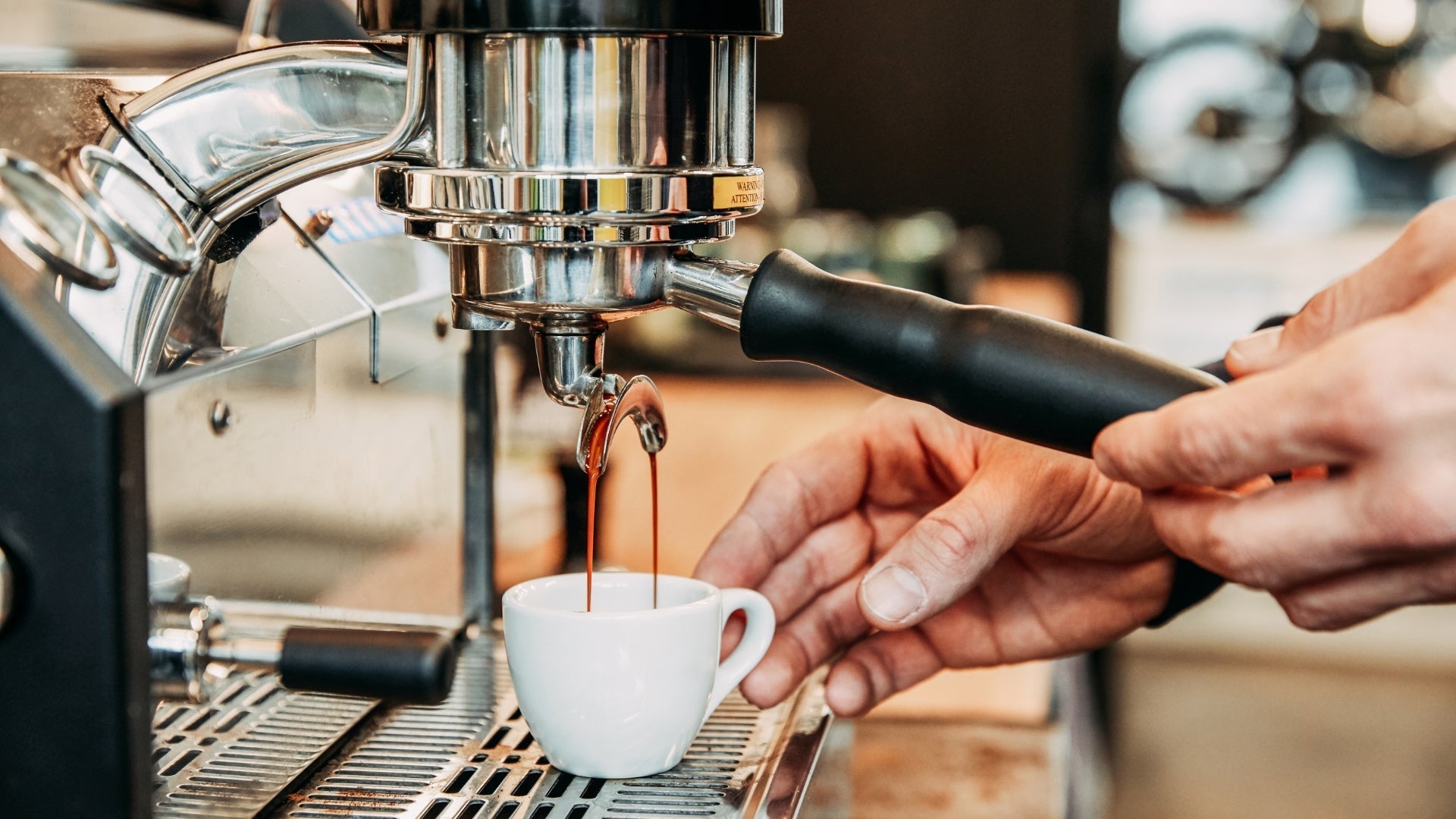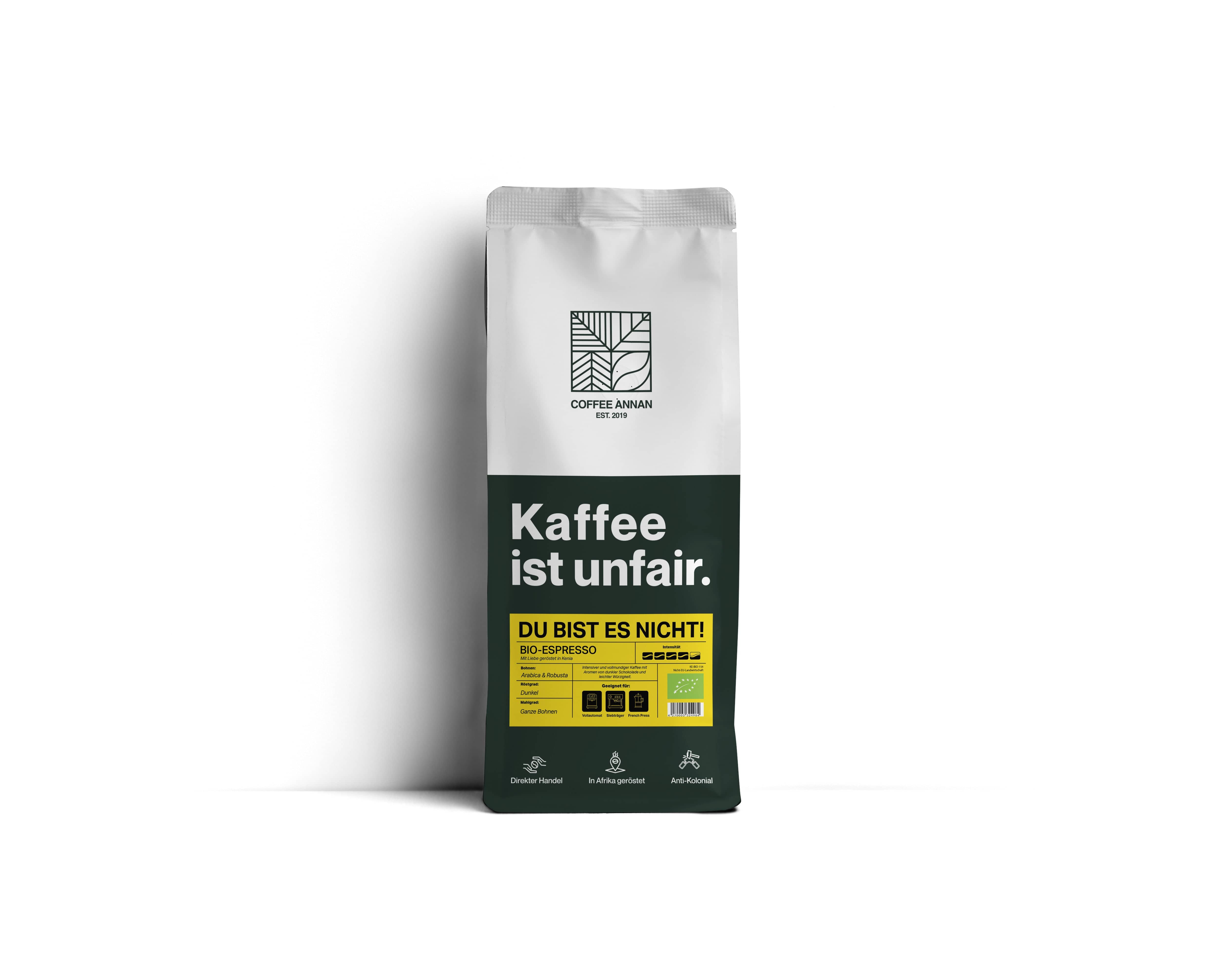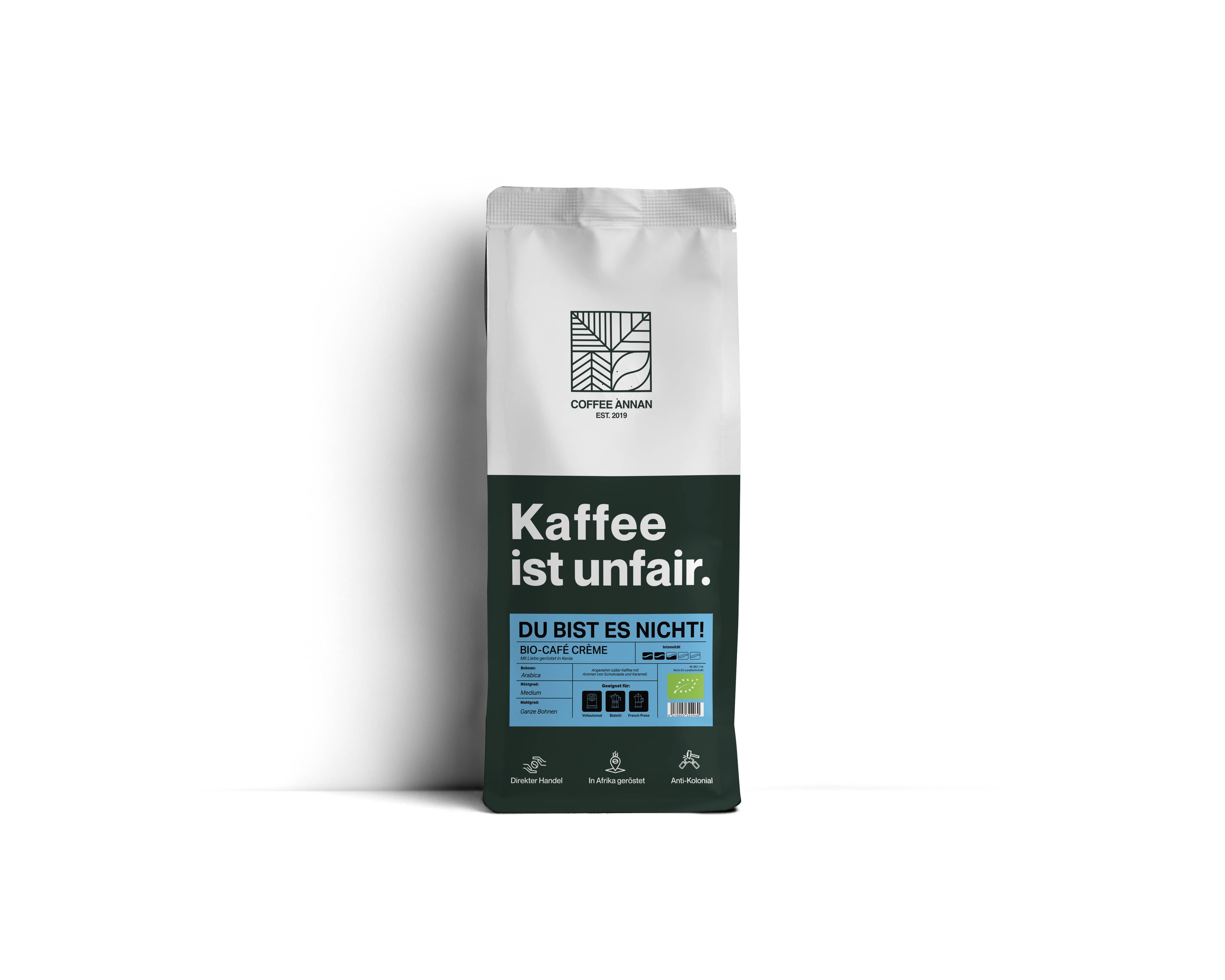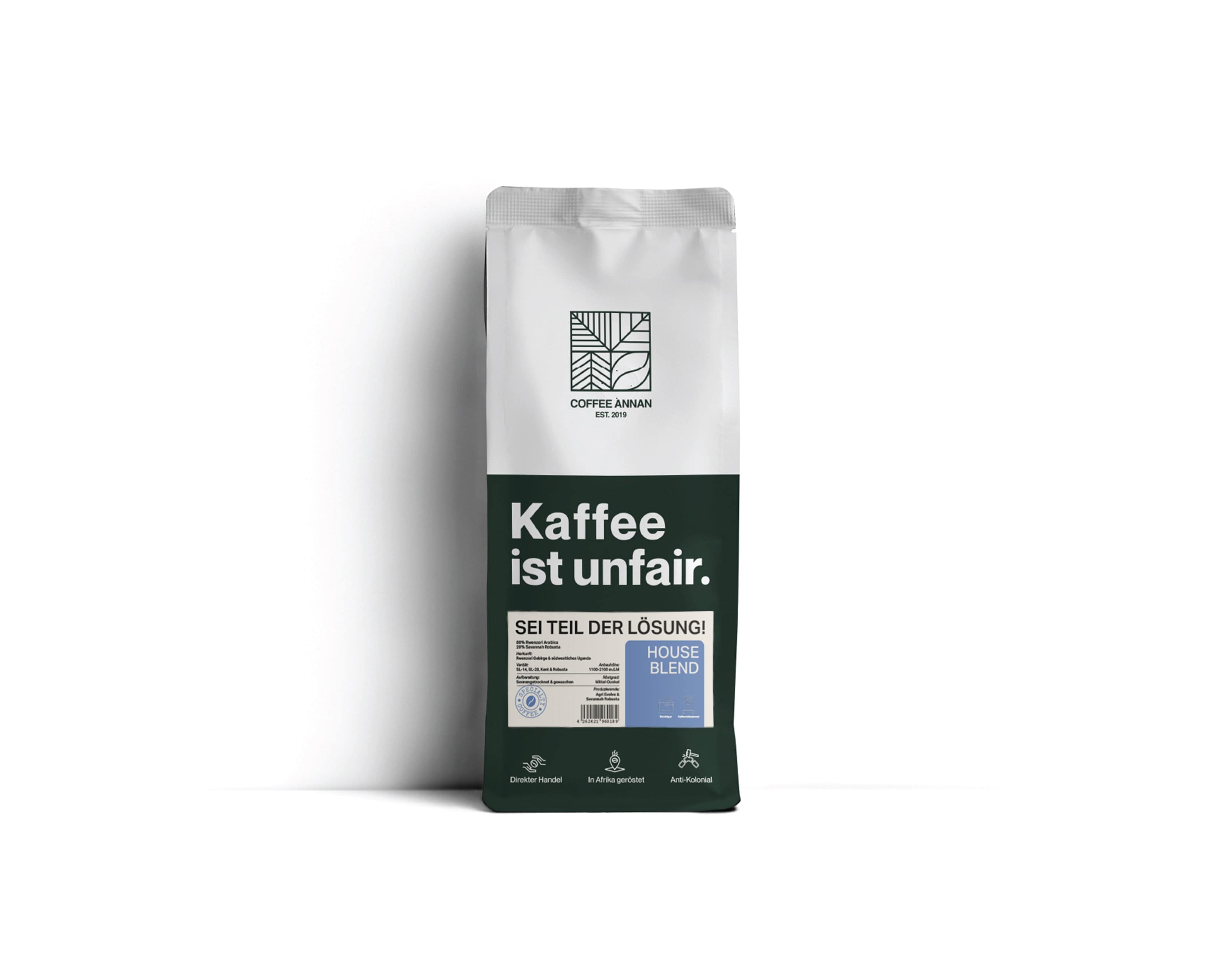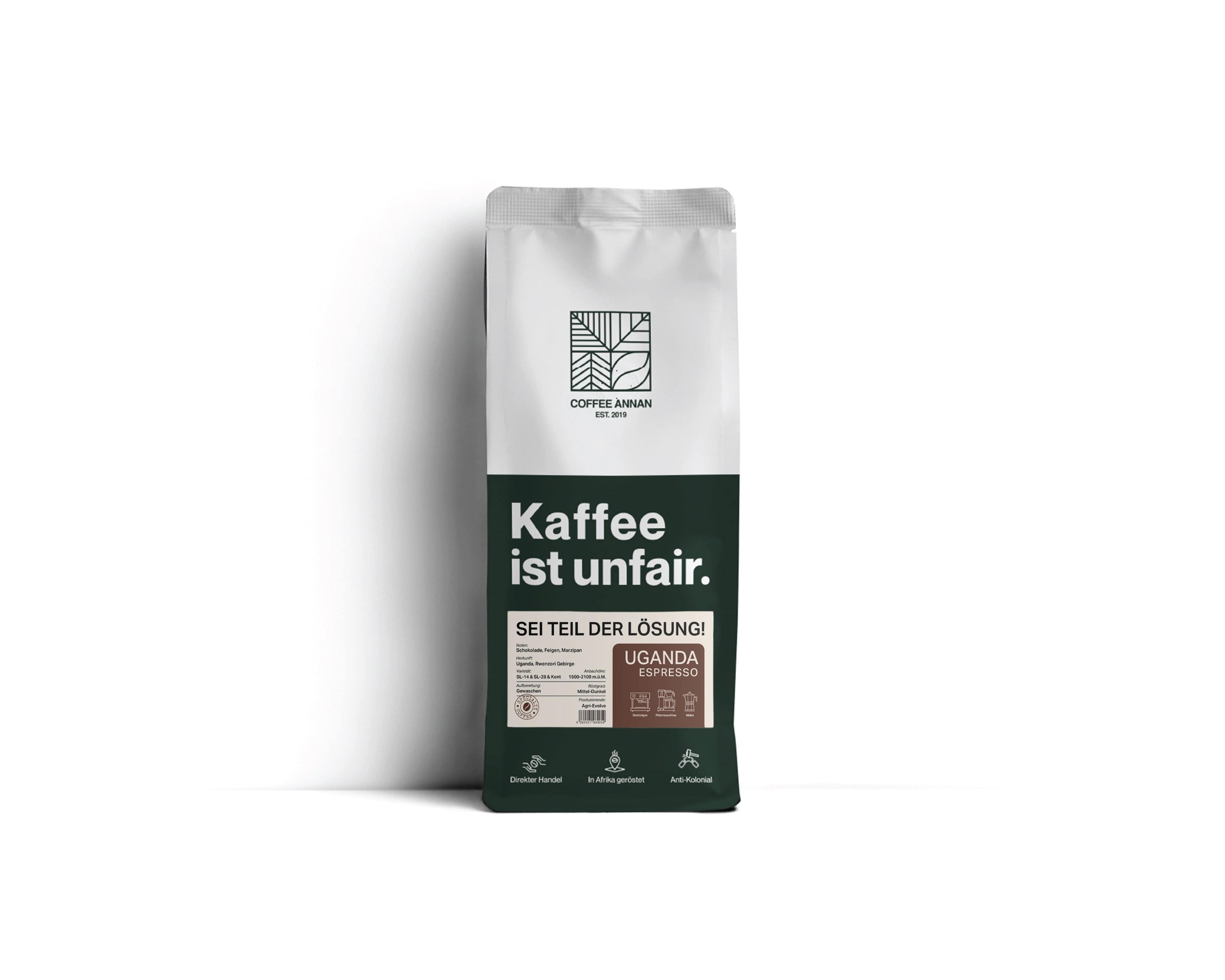Full-bodied, aromatic and invigorating – a delicious cup of coffee can brighten up your morning at the office and also put you in a good mood at work. But what to do if your coffee tastes sour? We aim to inform you what the reasons could be and what can be done about it.
What Could Cause the Sour Taste of the Coffee?
The first thing to bear in mind is that the taste of coffee is determined not only by the quality of the product, but also by many other highly individual factors. In addition to the bean itself, even the time of consumption, food, and drink ingested previously, and also the water used to prepare the coffee, can have an impact on its taste. But there are several other aspects to consider as well. Here is an overview of the main factors that can cause your brew to taste sour:
A Roast That Is Too Light
Beans that have been roasted too lightly often lead to a sour taste, as roasting below a certain temperature affects the acidity. A roast that is too light contains more acid because the beans have not been roasted long enough at the right temperature to break down the acids. Therefore, these acids are released during the brewing process and create an unpleasant aftertaste.
Ideally, green coffee should be roasted for approximately 14-20 minutes at a temperature of about 392 °F (200 °C). This slow, gentle method ensures that the aromas and acids develop to their fullest and the beans are roasted evenly. When buying coffee, it is well worth asking the salesperson about the roasting time of the beans.

The Grind Size Is Too Coarse
Another important factor when your brew tastes acidic is the grind size. If the beans are ground too coarsely, there is no way to regulate the flavors and the acidity that are released when the coffee is brewed. To achieve the perfect balance between acidity and aroma, you should adjust the degree of grinding accordingly. However, before you make such an adjustment, it’s advisable to ensure that your coffee grinder actually has the correct settings to grind your beans correctly.
The Extraction Time Is Too Short
A sour taste can frequently be the result of an extraction time that is too short. The term extraction refers to the process of extracting the flavors. When the extraction time is too short, not all the flavor compounds are released, and thus the coffee tastes sour. If you wish to resolve this problem, you simply need to increase the extraction time.
If you are using a French Press, an Aeropress or a coffee maker with a grinder option, you can increase the extraction time by choosing a finer grinder setting. Another way to increase extraction time is to increase the brewing time and the amounts extracted. In case you are unsure what to do, just follow the instructions provided for your coffee maker. If you increase the extraction time, you will be able to enjoy a lovely, full-bodied cup of coffee.
When Coffee Tastes Too Sour, the Water Temperature Is Often Too Low
You should definitely pay attention to the water temperature, as this is an important aspect of a well-brewed cup of coffee. If the water is too cold, this can lead to an unpleasant sour aftertaste. On the other hand, if the water is too hot, this can cause the release of undesirable bitter substances and make the coffee taste bitter.
It is advisable to keep the temperature slightly lower than the recommended temperature, as the coffee will continue to heat up on its way from the kettle to the cup. It may also be wise to let freshly boiled water stand for a minute before using it to make your brew.
How to Adjust Coffee That Tastes Sour?
As you can see, there are quite a few factors that can literally sour the enjoyment of your coffee. However, the good news is that there's a lot you can do to avoid your coffee, cappuccino and espresso tasting sour if you heed the following tips. Naturally, they also apply in dealing with acidic portafilter coffee:
Bean Selection
If you are troubled by a sour taste, the first solution is to choose the right bean. Coffee varieties differ in acidity and aroma, but you will be sure to find the one that ideally suits your taste relatively quickly. Arabica coffees tend to be light, mild and less acidic than Robusta varieties, which are slightly darker and contain more caffeine. If you prefer Arabica and don't want too much acidity, you should select a medium or heavy roast.
These roasts are less acidic than light roasts because they contain more coffee oils, which neutralize the acidity. If you prefer a different variant, it's important to know that beans, which are roasted too early or for too long, can also have a bitter or acidic taste.
Here's an essential rule of thumb: in a fully automatic coffee maker, the coffee will run through rather quickly at a low temperature. Therefore, a slightly darker roast is recommended. This prohibits the brew from becoming “too thin”. In this case, however, it is critical to avoid oily coffees and thus prevent a bitter aroma.
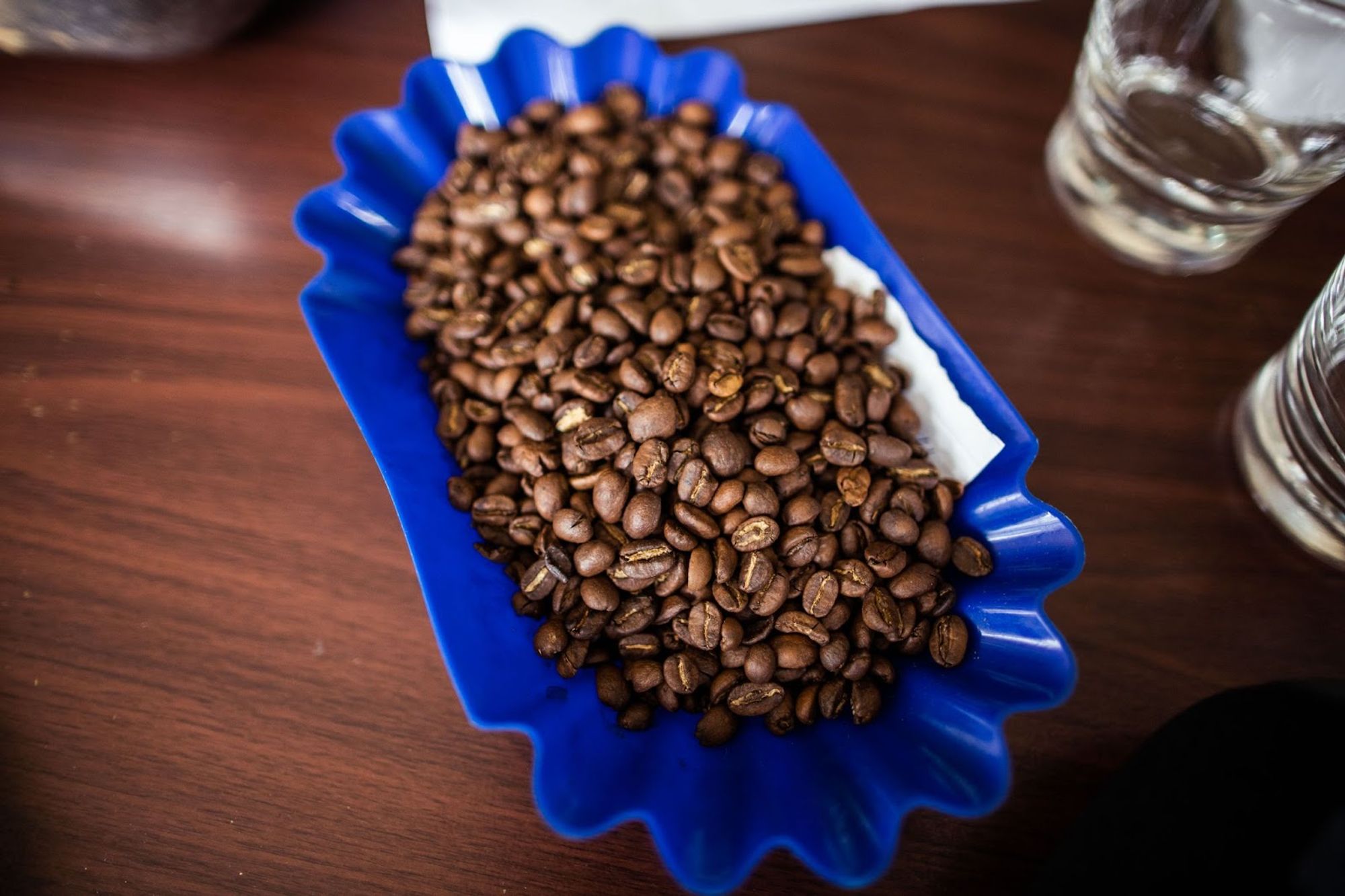
Choose a Finer Grinder Setting
As mentioned before, if the beans are ground too coarsely, the coffee may be extracted too quickly and taste too sour. A finer grind will increase the extraction time and provide a smoother taste. If you want to change your grind, keep in mind that a coarser grind is needed for a longer extraction time and a finer grind is perfect for a shorter extraction time.
To determine the optimal grind setting, you can use a calibrated grind meter. Once you have set your grind, you can vary the extraction time to refine the flavor. For most coffees, the extraction time is between 18 and 22 seconds. Play around with it until you find your perfect coffee taste. Once you have found the right extraction time and the grind setting that is ideal for you, you should no longer experience an acidic taste.
Set a Higher Temperature
We believe that coffee should have a certain amount of acidity—after all, this results in a lovely, lively aroma. Nevertheless, to avoid an undesirably sour taste, the following should be observed: the water used for brewing the coffee should have a temperature between 90 °C and 96 °C so that the flavor of the beans can fully develop.
Checklist for a Good Cup of Coffee
Good coffee means different things to different people. As every connoisseur knows, this is a highly individual matter. That having been said, here's a little checklist to help you enjoy the perfect cup every day:
- Choose coffees that are low in acidity, as they have a milder flavor.
- Grind your beans a little finer, so that you will be able to regulate the acidity.
- Avoid extraction times that are too short, to guarantee a harmonious aroma.
- Pay attention to the right water temperature, as water that is too hot or too cold can promote undesirable flavor nuances.
Checklist for a Cup of Coffee that Does Good in the World
Now you know what makes a good cup of coffee in terms of flavor and prevents a sour taste. But in order to do good, a cup of coffee needs another vital ingredient. Fairness! At Coffee Annan, we are extremely committed to this idea. We connect producers and consumers, and wish to ensure that unfair value creation chains will soon be a thing of the past.
After all, coffee is a complex product where every step counts. However, unfortunately, experience shows that there is often a lack of transparency in the supply chain. And the good news? This is where we come in: We only stock coffee that has been roasted directly in the country of origin, so no cheap, raw beans are imported, as they primarily line the pockets of importers and foreign roasters. In this way, we ensure that local farmers and roasters are also adequately compensated for their quality product.
Furthermore, we work directly with the producers and can thus guarantee that the coffee is grown according to organic standards, hand-picked and roasted to perfection. We take care of all the necessary procedures, from direct contact with the producers and quality control, to collective, carbon-neutral, import. In this way, you receive a high-quality product that not only tastes wonderful, but can also change the economic structures of the producing countries for the better. This is what coffee should be about. With your help, we can give the producers back their independence!
Conclusion
As we have demonstrated, there are many simple reasons why coffee can taste sour, and just as many ways to prevent it and to enjoy the full coffee flavor. At Coffee Annan, we also make sure that coffee loses its “sour aftertaste” on an ethical level, by offering an important contribution to the development of sustainable value-added structures in the producing countries. Coffee tastes twice as good that way!








